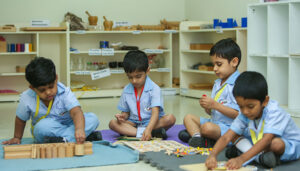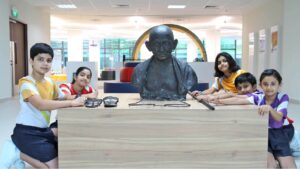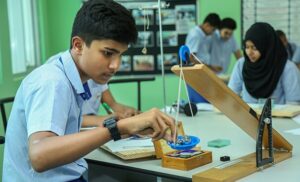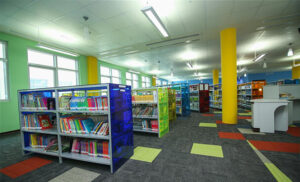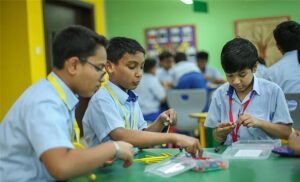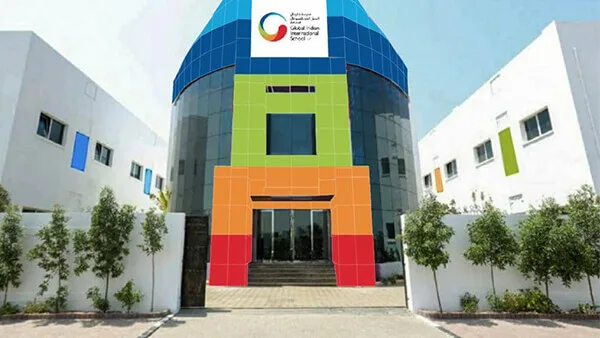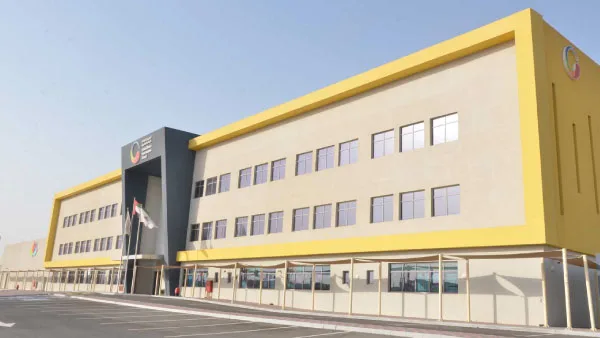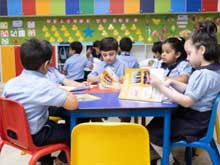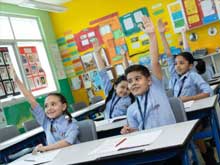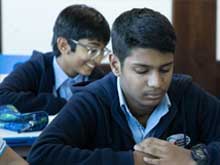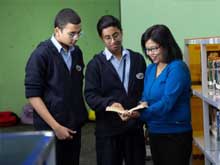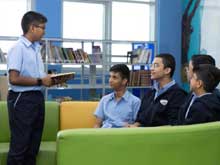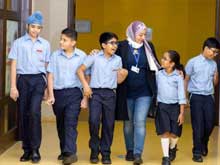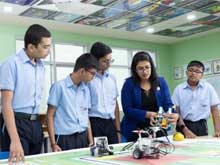In the intricate web of human development, the early years stand as a foundational period, shaping the trajectory of a person’s life. Understanding the workings of the brain during this critical phase is pivotal, as it lays the groundwork for cognitive, emotional, and social development. Enter neuroscience and its invaluable companion, neuroplasticity—the brain’s remarkable ability to reorganise itself in response to experiences. In this blog, we delve into the significance of neuroscience and neuroplasticity in the early years, exploring how they influence a child’s growth and potential at Global Indian International School Dubai.
Firstly, let’s unravel the concept of neuroplasticity. Contrary to the earlier belief that the brain’s structure and function were relatively fixed after childhood, neuroplasticity reveals that the brain remains malleable throughout life, with heightened plasticity during early development. This flexibility allows the brain to adapt, learn, and rewire neural connections based on experiences. In essence, neuroplasticity underscores the profound impact of early experiences on brain development, shaping fundamental cognitive abilities such as language acquisition, problem-solving, and emotional regulation.
The first pillar of fostering optimal brain development in early years is cultivating a calm mind. Research in neuroscience has demonstrated the profound impact of stress on the developing brain, with prolonged exposure to adversity impairing cognitive function and emotional regulation. Creating a nurturing and supportive environment free from chronic stressors enables children to thrive and promotes healthy brain development. Practices such as mindfulness that is done at GIIS Dubai in association with Hearfulness UAE and relaxation techniques not only help children regulate their emotions but also promote neuroplasticity by reducing the harmful effects of stress on the brain.
Equally crucial is the presence of a loving and supportive environment. Studies have shown that positive relationships with caregivers are essential for healthy brain development, providing children with a secure base from which to explore the world. Love, warmth, and emotional attunement promote the release of neurochemicals such as oxytocin and serotonin, which are vital for forming strong neural connections and fostering resilience in the face of adversity. By nurturing loving relationships in early childhood, we can strengthen the foundation for lifelong emotional well-being and social competence.
In addition to a calm mind and a loving environment, multi-modal cognitive training plays a pivotal role in shaping young minds. By providing a rich and varied learning environment, we can tap into the brain’s innate capacity for adaptation and growth, laying the groundwork for future academic success and creative expression. Creative learning is as simple as child’s play where children are encouraged to explore, adapt, and refine materials and concepts. This may be as simple as a creative craft activity, or a long-term project such as growing vegetables in Al Boustan for a salad for the Kinderkitchen activities.
Visual Arts are given importance in a creative learning environment. Child development through art and drawing is a key feature of our award-winning Global Montessori Plus (GMP) Program. The opportunity to explore and create with a range of materials offers children the chance to refine delicate motor skills, and find new forms of expression, which may benefit emotional regulation.
Finally, sensory substitution offers a powerful means of enhancing neuroplasticity in early childhood. The brain is remarkably adept at rewiring itself in response to changes in sensory input, a phenomenon known as cross-modal plasticity. By harnessing this principle, we can leverage alternative sensory pathways to compensate for deficits and enhance learning opportunities.
In conclusion, neuroscience and neuroplasticity illuminate the profound significance of the early years in shaping brain development and subsequent life outcomes. By harnessing our understanding of the developing brain, we can create environments that optimise learning, nurture emotional well-being, and unlock the full potential of every child.




